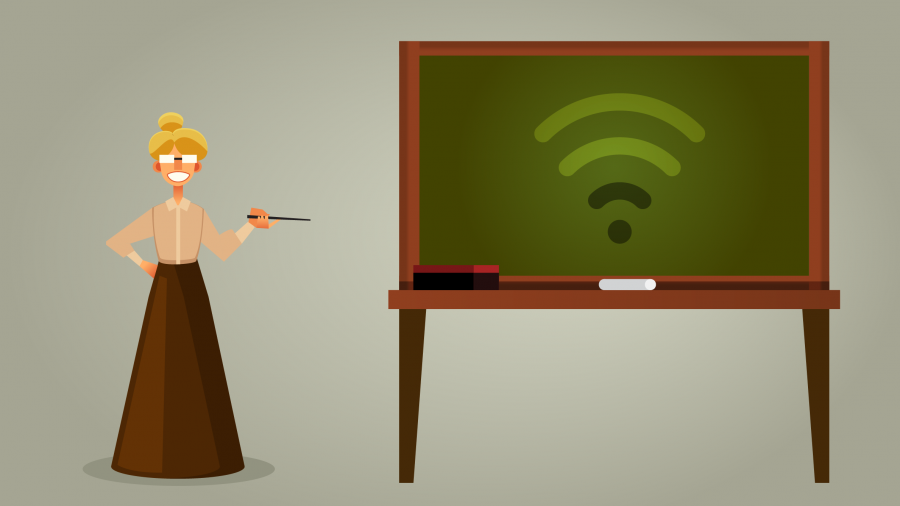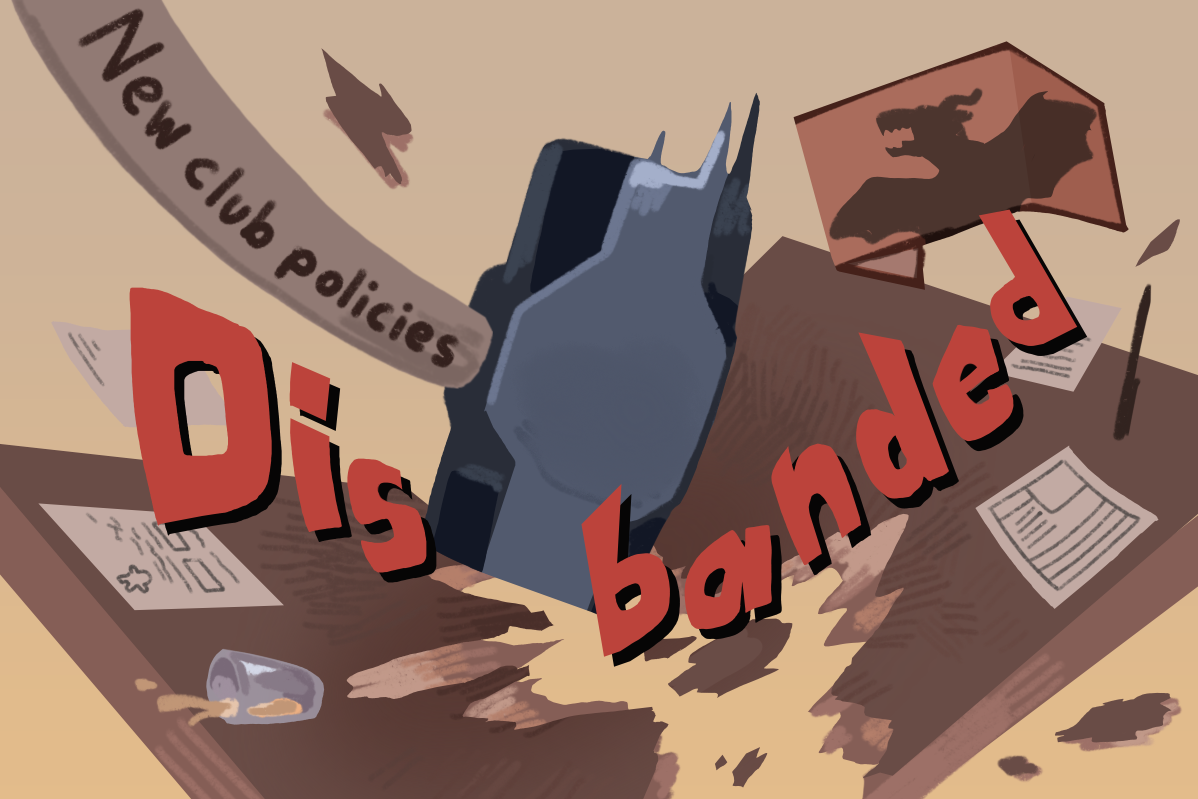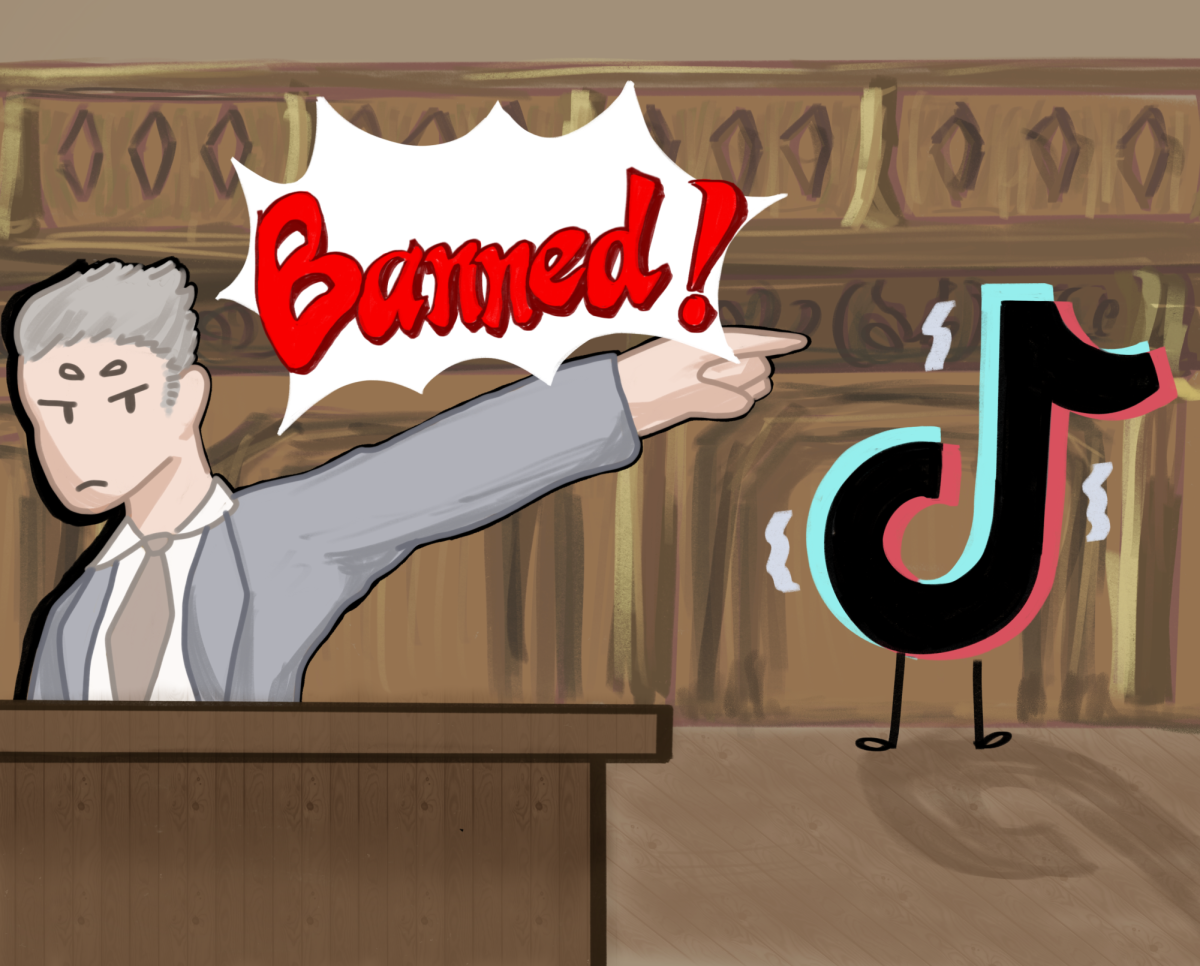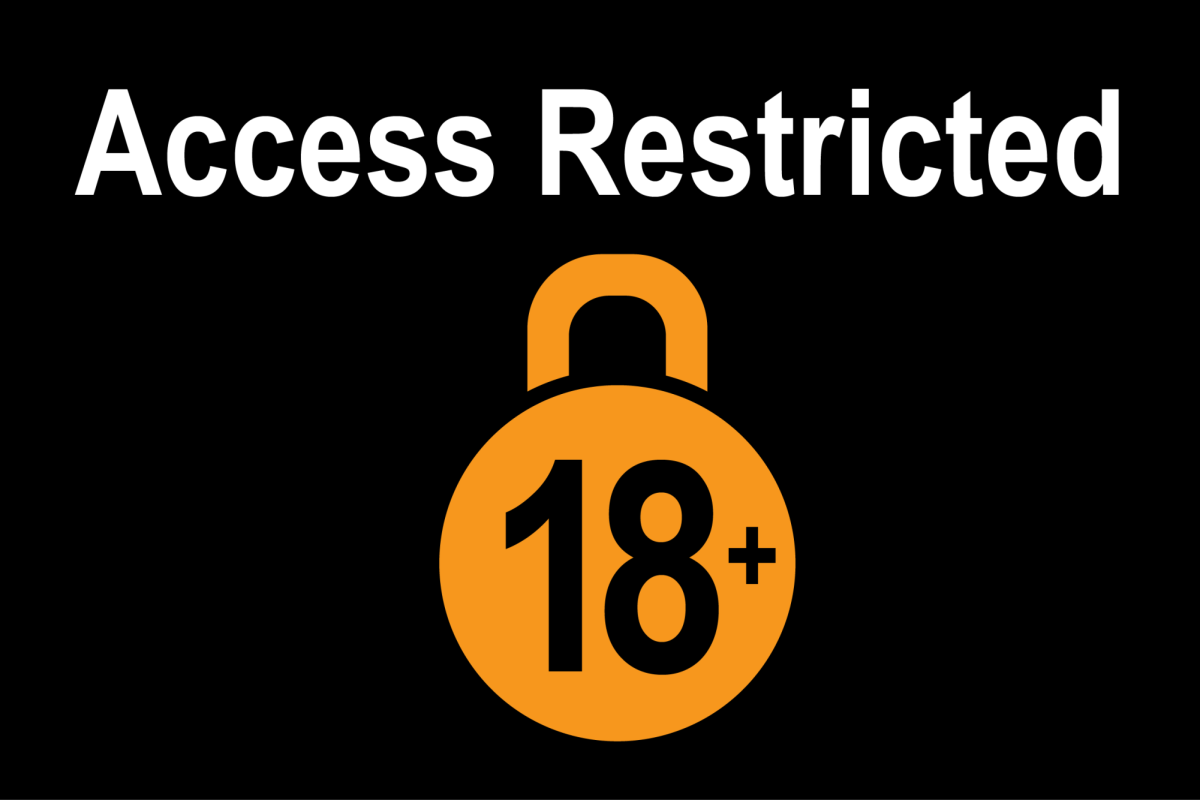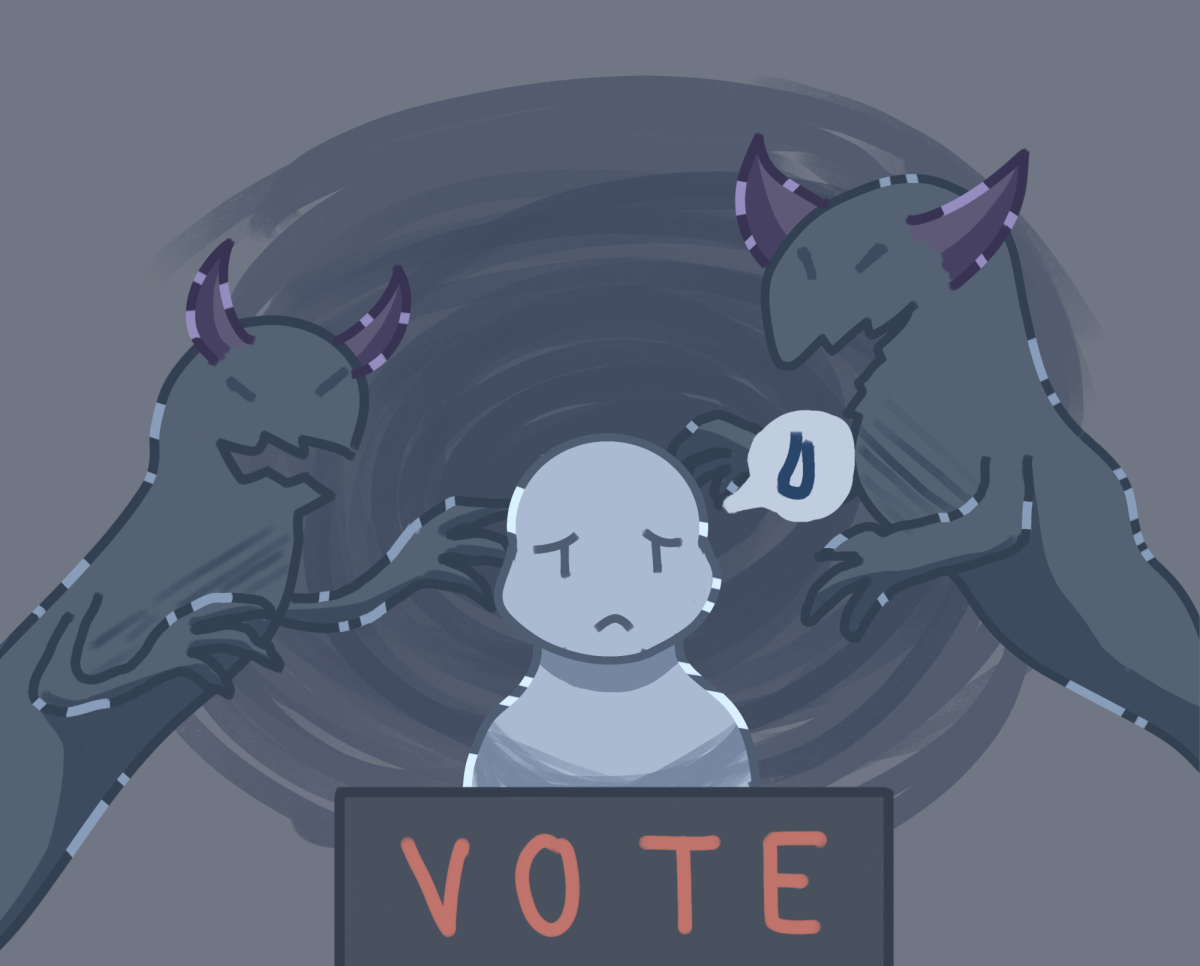By JOHNSON TRAN and LEAH SALINAS
As a father of four children, psychology and sociology professor Elgrie Hurd III has experienced the challenges of transitioning to a virtual learning environment for instructors, students and parents.
“It has taught me that empathy is really important,” Hurd said. “That the willingness to not use my perspective to understand someone else, but to use someone else’s perspective to understand them is what a lot of people are lacking.”
Hurd, who teaches at the Brookhaven campus, recently hosted a virtual seminar on “Closing the Digital Divide” to discuss issues related to the inaccessibility of internet and technology during the COVID-19 pandemic. He said this divide can put people at a disadvantage in their learning environment.
“We had to actually purchase devices at our house,” Hurd said. “We had the privilege to do that. That’s not everyone else’s experience. Some students were sharing devices among three kids and a parent who needed it for work.”
While empathy allows faculty to be understanding of students’ situations and for students to understand the challenges facing faculty, communication also plays an important part in closing the digital divide, Hurd said.
After the transition to online-only classes at Dallas College, some faculty members struggled to find ways to help their students and often didn’t realize the challenges they were facing with students who were new to online courses.
“I had a student email that said, ‘I don’t know how to upload my assignment,’” Hurd said. “I didn’t think that would be something we had to cover because I was assuming a whole lot of what my students had [done] [SSD1] already.”
Some students also don’t have regular access to technology or internet at home.
Jacqueline Rea, a criminal justice major, used library computers and resources to complete her assignments before the pandemic. Since those places have closed because of COVID-19, she has had to use her cell phone or borrow a neighbor’s computer to complete her assignments. There is only one computer in her home and it’s used by three family members.
“There are times where I have things that are due and they do too, so it’s kind of stressful when that happens because they’ll need it and then I’ll need it,” Rea said.
Duc Anh, an international studies major, faced other technology issues during the pandemic when an instructor uploaded assignments via a scanner, making the text and format difficult to read.
“Some can be very old and scanned in a blurry format,” Anh said. “It makes it impossible to highlight, take notes or bookmark ideas.”
Huan Cong, a computer science major, said he remembers an instance where he had trouble with his online textbook. The code Cong received did not work, and he was unable to reach his instructor.
“At the end of that course is when I realized I was provided a digital book but never got access to it,” Cong said.
Alexis Godinez, a veterinary technology major, said she does have access to technology and the internet at home, but she has still experienced the stress of virtual learning.
Because labs do not take place on campus anymore, Godinez said the work that used to be split between classroom and online is now all online. She said the workload is affecting her sleep schedule, work life and personal life, and it is easier to get distracted and fall behind in online classes.[SSD2]
“My major is pretty much medicine for animals, and it was all hands-on before,” Godinez said. “Now that classes are online, it takes away the hands-on experience. Teachers are wanting students to read the book and learn from what they read, but I am a visual and hands-on learner, so it is not easy to retain.”
During the virtual event, Hurd discussed strategies that faculty can use to help struggling online students, including having consistent office hours and thoughtful communication. But he said students must also communicate their needs to their instructors.
“Accountability goes two ways,” Hurd said. “Be consistent when communicating … and the student shouldn’t look for the instructor to fix everything.”
- Alejandro Contreras and Blake Strickland also contributed to this report.



